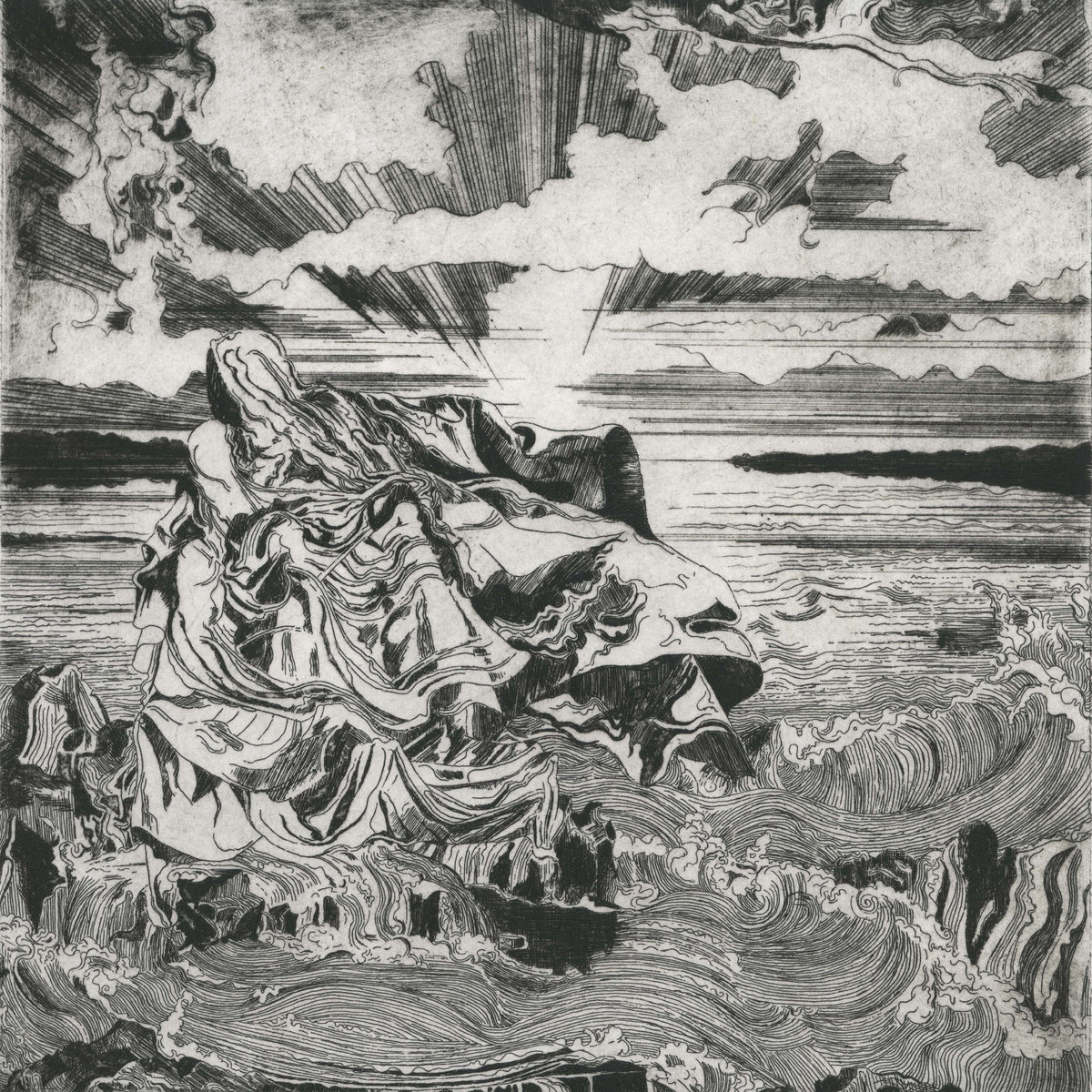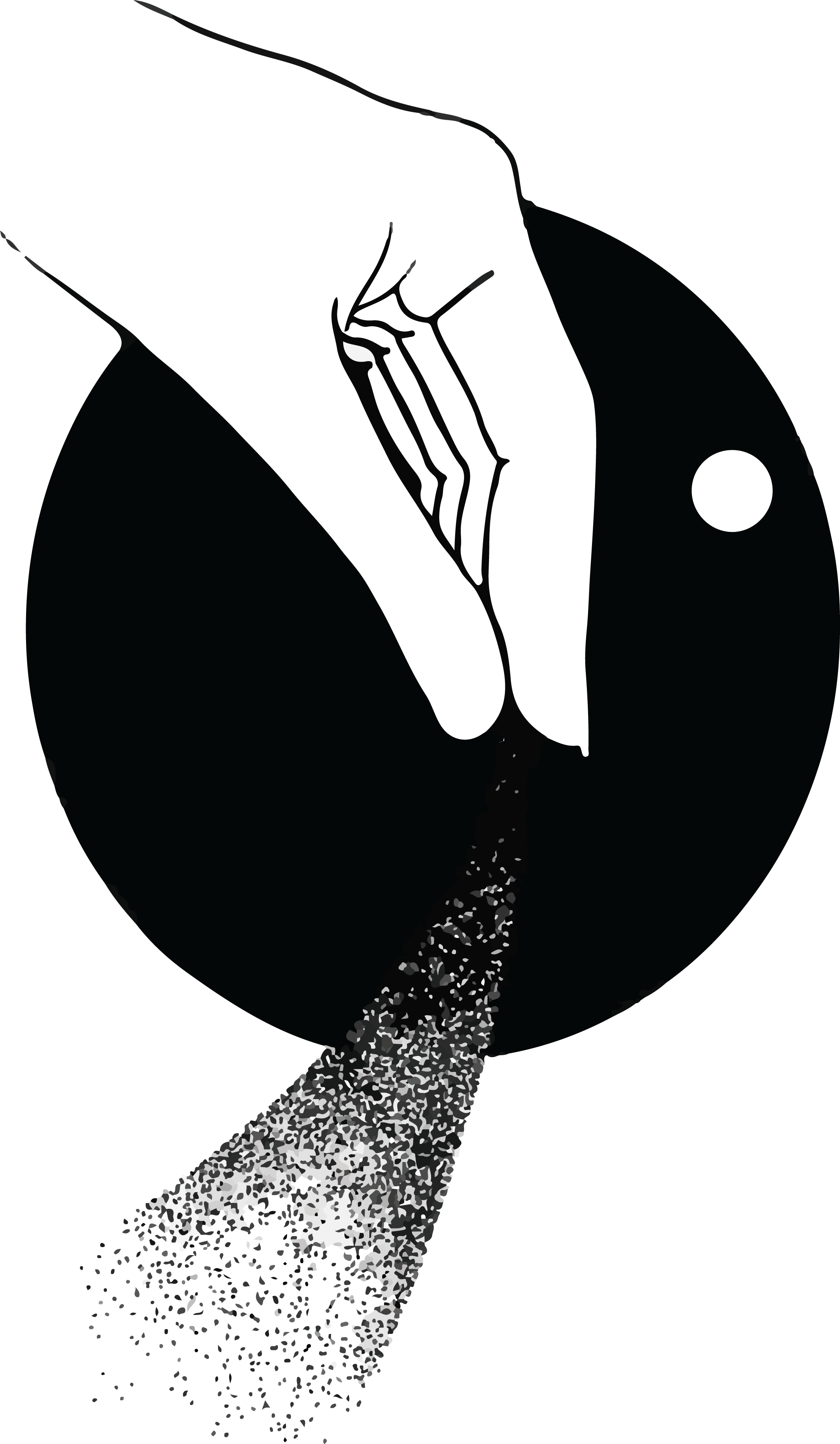
All physical media comes with a digital download card.
Shovel Dance Collective The Shovel Dance
The Shovel Dance, the second LP from London's nine-piece folk group Shovel Dance Collective, is their most powerful release to date, bringing studio fidelity and trickery to the rich arrangements and soaring vocals of their concerts. While their work has always had an inventive bent, The Shovel Dance unifies the band’s experimentation with their live immediacy. Indeed, what sets The Shovel Dance apart is the Collective itself. The album revolves around their interplay and close listening, no matter how many members of the band play on a given song or how many instruments feature (there are twenty-five instruments and eight voices). The band are attentive to the English, Irish and Scottish sources they reference, which date back to the 1600s and beyond. At the same time, they give their arrangements an experimental edge—as close to Scott Walker or Swans as Shirley Collins or Bert Lloyd—that situates them on the bleeding edge of folk music.
“It clicked immediately when we first played together,” the band says. It traces its origins to Daniel S. Evans playing card games and tunes with Alex McKenzie and Joshua Barfoot. “Somehow,” the band says, “we always reached together towards the sublime. This was before there was a folk scene for young weirdos like ourselves.” The group grew naturally into its nine-piece membership—which, in addition to Evans, McKenzie and Barfoot, includes Fidelma Hanrahan, Jacken Elswyth, Oliver Hamilton, Tom Hardwick-Allan, and the group’s lead vocalists, Nick Granata and Mataio Austin Dean. Together, they landed on central ideas to explore as Shovel Dance Collective. Within their aesthetic commitment to acoustic instruments, “we want to play and experiment, layer and move between different spaces in recording, and extend the limits of our instruments to sing and break in new ways,” the group says. “Improvising, textural playing, and moving as one free organic organism are all part of the experiments we try and make in form. It’s all towards this one goal: constructing the Shovel Dance world and saying what we feel needs saying.”
These recordings have a confidence honed through the band’s tireless performance schedule across Europe. Take the “Abbots Bromley Horn Dance,” which leads off The Shovel Dance. Traditionally, it’s a celebratory dance for ten people, with ancient reindeer antlers and a hobby horse, and two musicians playing accordion and triangle. The band extends it into a four-part instrumental doom folk proclamation, waxing and waning between birdsong and a quiet minor-key meditation that builds into a lush, roiling crescendo. Then the bottom falls out into silence, and a quiet pipe organ introduces “The Worms Crept Out,” a World War I song about a decomposing body, as Granata sings. This is as much the album’s opening track as a musical mission statement for the band: first, folk music is living, even—or especially—when it’s about death. And interpreting folk music with emotion and present-day musical textures connects the music to its forebears. Nowhere is this more true than on "The Four Loom Weaver." Performed unaccompanied by Austin Dean, the song inhabits the perspective of a weaver who’s lost his job to steam-powered weaving machines, reduced by his poverty to eating nettles. A fellow weaver, afraid to confront their boss, says, “We might have better luck if we’d just hold our tongues.” The speaker responds, “I’ve holden my tongue ’til I near lost my breath, and I feel in my own heart I’ll soon clem [or starve] to death.” As Austin Dean moves between quiet vocal fry and the top of his baritone, he imbues the music with a piercing sense of familiarity connecting the past and the present, transcending space and time. “By having this spatio-temporal sense of folk music,” the group says, “we can reject a linear time, and promote new ways of looking at land and history to highlight the struggle of oppressed peoples everywhere.“
Shovel Dance Collective are among several working bands that function as a leaderless collective, but they’re unique for the beauty, force, and political charge of their folk music. “Folk music,” the band says, “places you in a great chain of everyday life, and how it can relate so intimately to political and emotional actions, past and present.” And what's more, “it infers a beautiful collectivity.” The Shovel Dance brings the band’s collectivity to its fullest realization yet.
releases October 11, 2024
Personnel
Alex Mckenzie: Accordion, Burdola, Clarinet, Flute, Low Whistle, Tin Whistle, Voice
Daniel S. Evans: Bass Drum, Cello, Cittern, Guitar, Piano, Pipe Organ
Fidelma Hanrahan: Harp, Low Whistle, Voice
Jacken Elswyth: Banjo, Shruti Box, Voice
Joshua Barfoot: Bodhrán, Hammered Dulcimer, Percussion, Voice
Mataio Austin Dean: Guitar, Voice
Nick Granata: Pipe Organ, Pump Organ, Voice
Oliver Hamilton: Violin, Voice
Tom Hardwick-Allan: Bass Harmonica, Death Horns, Harmonica, Trombone, Voice
Thanks & Credits
Produced, mixed and with additional Piano and Tambourine by Mike O’Malley.
Mastered by Matt Colton at Metropolis studios.
Additional Hurdy Gurdy by Rowan Gatherer.
Photography and image design by Brad Gilbert.
Artwork by Mataio Austin Dean.
Design by Devin Shaffer.
Many thanks to Andy at Press Play Studios, Syd at Ariesound Studios, Mark at Abbeydale Picture House and Rosemary at St. Mark’s, Clerkenwell.
It takes a village to raise a folk band, this album wouldn’t have been possible without the support of our friends, family, and significant others. A special thank you to Geoff Travis for supporting the recording of this album and to Jordan, Eli, Devin, Cody and Forest at American Dreams for believing in us.

